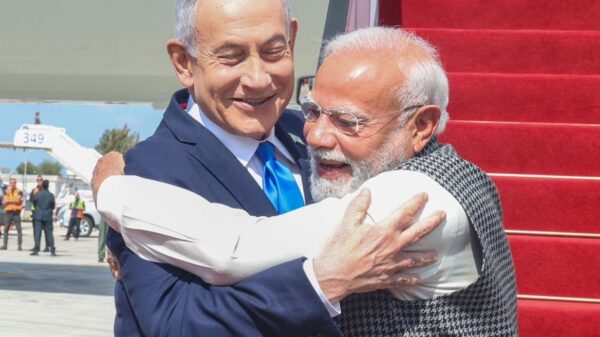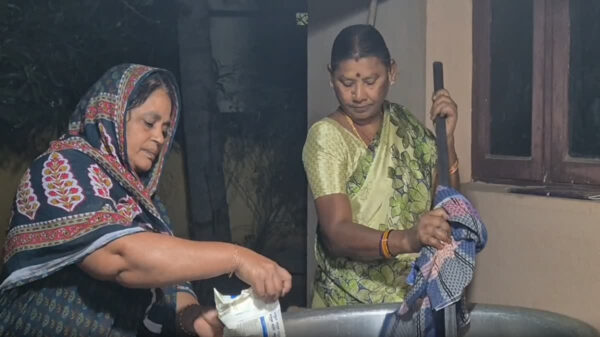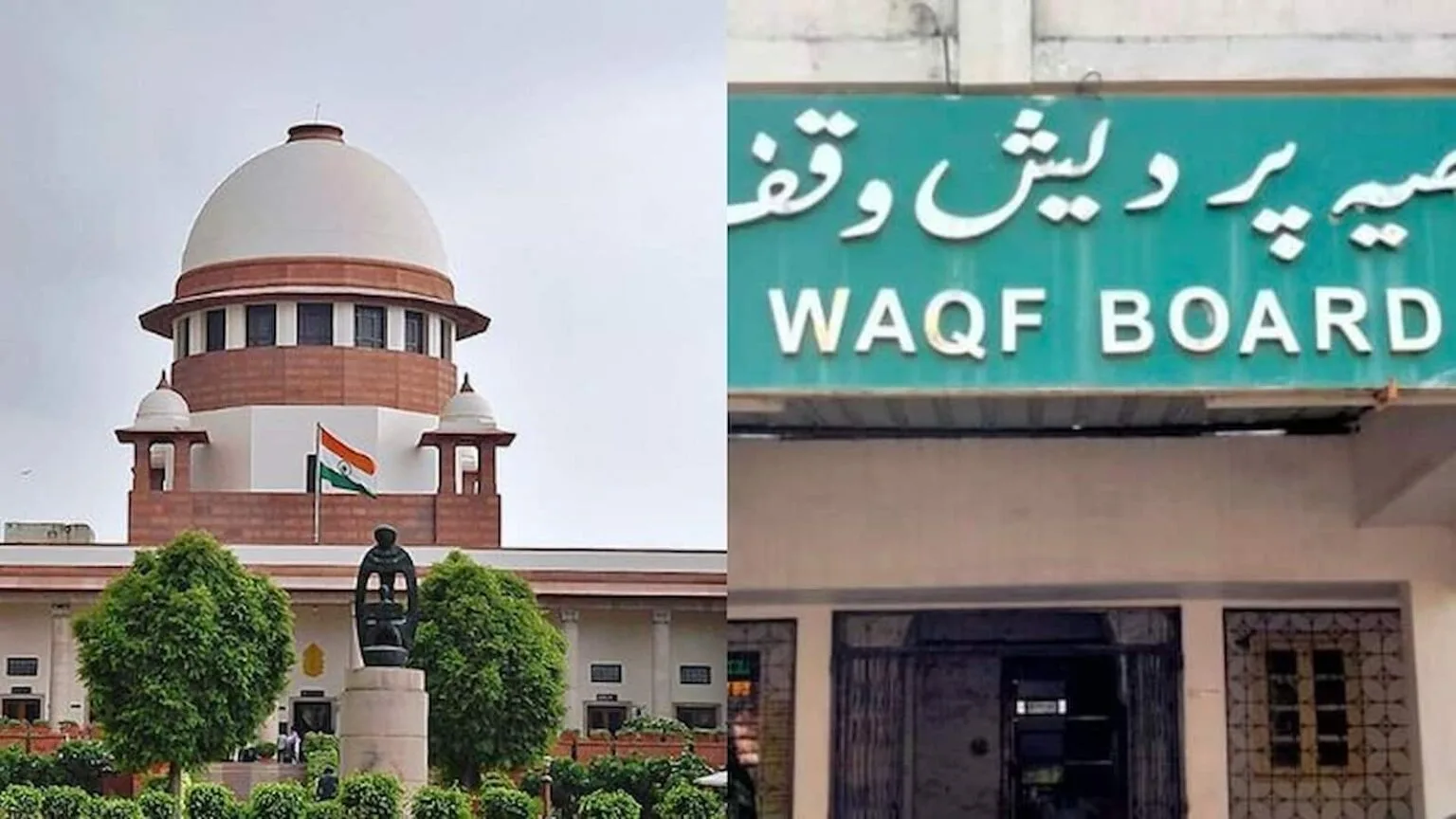A two-judge Bench of the Supreme Court, led by Chief Justice of India B.R. Gavai and Justice Augustine George Masih, will hear challenges to the Waqf (Amendment) Act, 2025, on Thursday.
The matter was last before a Special Bench headed by former CJI Sanjiv Khanna on May 5. At that hearing, Justice Khanna—whose retirement was just days away—acknowledged the seriousness of the issues but said, “I have very little time left, and I do not want to reserve orders on an interim prayer.” He then asked that the case be placed before the new Bench on May 15.
Petitioners seeking to stay the 2025 amendments argue that the changes interfere with Muslims’ right to manage their own religious endowments. They point out that the Act removes the long-recognized concept of “waqf-by-user”—properties that become waqf through uninterrupted religious use—and requires non-Muslims to serve on waqf boards, thereby diluting community control.
In response, the Centre filed an affidavit highlighting a “phenomenal increase” in registered waqf assets between 2013 and 2024 and defended the amendments as necessary to curb widespread encroachment “in the name of waqf.” During the April 17 hearing, the government also assured the court it would not disturb any existing waqf properties pending final orders.
More than 100 petitioners are now before the court, which converted dozens of similar cases into this single suo motu public interest litigation to avoid repetition. The Supreme Court will have to balance, as one petitioner put it, “the state’s duty to protect all property rights” against the community’s right to manage its own religious affairs.





























































